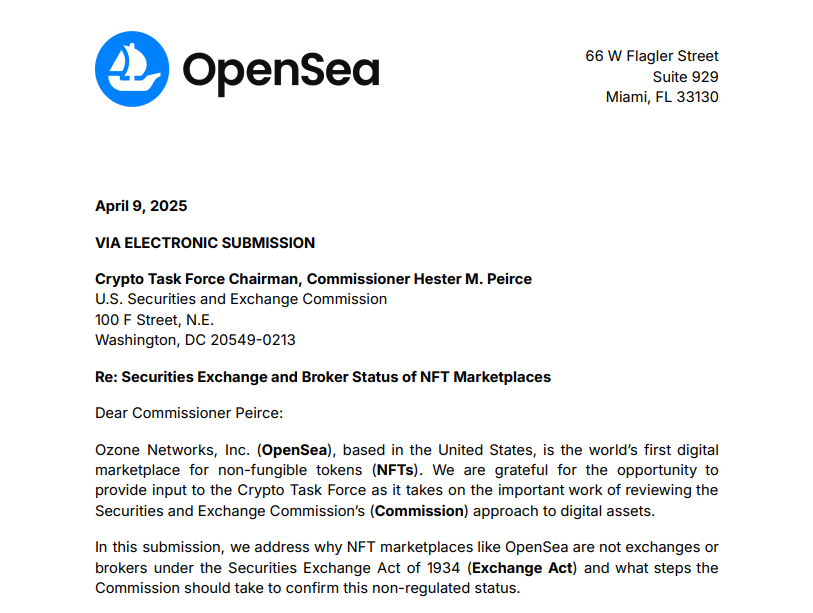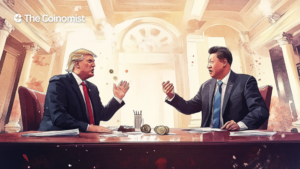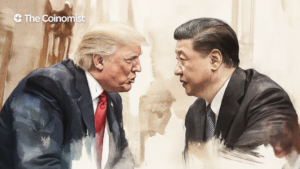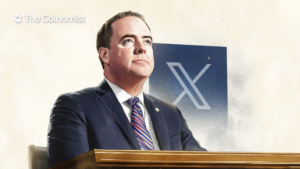OpenSea Seeks SEC Guidance on NFT Marketplace Legal Status

OpenSea is asking the SEC to clarify whether NFT marketplaces should be treated as financial institutions, stressing that its structure does not involve asset custody or brokerage operations.
In a direct appeal to the SEC, OpenSea is asking for clarity: are NFT marketplaces like theirs exchanges, brokers, or something else entirely?
Their argument hinges on a key distinction—NFT platforms, they say, don’t engage in standard financial intermediation and therefore shouldn’t be governed by the same rules as legacy financial institutions.

Dated April 9, the letter to SEC Commissioner Hester Peirce—who currently oversees crypto policy initiatives—called for regulatory nuance.
OpenSea’s legal heads, Adele Faure and Laura Brookover, stressed that NFT marketplaces like theirs should not be treated as traditional stock exchanges under U.S. law.
OpenSea’s legal defense is grounded in two foundational distinctions:
- It never touches user-held funds,
- Every transaction flows through immutable smart contracts, a model far removed from conventional financial services..
Their appeal is a bid to resolve lingering regulatory fog that continues to hinder the American crypto ecosystem. It also arrives at a time when enforcement actions in the digital asset space have seen a marked slowdown in 2025.
Check this out: OpenSea Reclaims Its Throne – Market Share Climbs to 78.5%
What OpenSea Is Really Asking the SEC
OpenSea makes a strong case that NFT marketplaces:
- are not middlemen in any financial sense,
- never take ownership of user assets or funds,
- should not be treated as custodians.
Their take? Existing regulatory frameworks were built for traditional finance—and they simply don’t fit. NFT platforms like OpenSea operate as neutral venues where users list and purchase digital goods directly, without intermediaries or bank-like behavior.
OpenSea maintains that NFTs do not meet the legal definition of securities, referring specifically to the Stoner Cats case, in which Ashton Kutcher played a central role.
KOL’s Rise to Fame: How Ashton Kutcher and Mila Kunis Became Web3 Power Players
At the outset, we note that NFTs are not securities under the Exchange Act. Among other reasons, most NFTs are collectibles or art, purchased primarily for consumption, novelty, or aesthetic value rather than for investment,
he company noted in its letter to the SEC.
OpenSea’s reps are asking the SEC for something simple: clear, unofficial guidance confirming that NFT marketplaces don’t fall under standard financial rules. As they put it, applying those laws does more harm than good—especially for tech startups trying to thrive in the U.S.
The Fall of the Gensler Doctrine?
February marked a turning point when the SEC quietly closed its case against OpenSea, a move that mirrors the agency's evolving stance on crypto oversight.
Under Gensler's reign, regulation often arrived in the form of subpoenas, not statutes—so called «regulation by enforcement». But many argued that this model clashed with the structure of NFT marketplaces, which neither act as custodians nor facilitate trades in the way traditional exchanges do.
As experts point out, laws born of a pre-digital world struggle to govern what they never foresaw. For OpenSea, the call is clear: without decisive action to resolve legal gray zones, the U.S. risks falling behind in the race for crypto leadership.
Even amid the NFT market’s slowdown, their appeal could serve as a catalyst—urging regulators to embrace frameworks that nurture innovation without dragging it back to the norms of traditional finance.
The content on The Coinomist is for informational purposes only and should not be interpreted as financial advice. While we strive to provide accurate and up-to-date information, we do not guarantee the accuracy, completeness, or reliability of any content. Neither we accept liability for any errors or omissions in the information provided or for any financial losses incurred as a result of relying on this information. Actions based on this content are at your own risk. Always do your own research and consult a professional. See our Terms, Privacy Policy, and Disclaimers for more details.

























